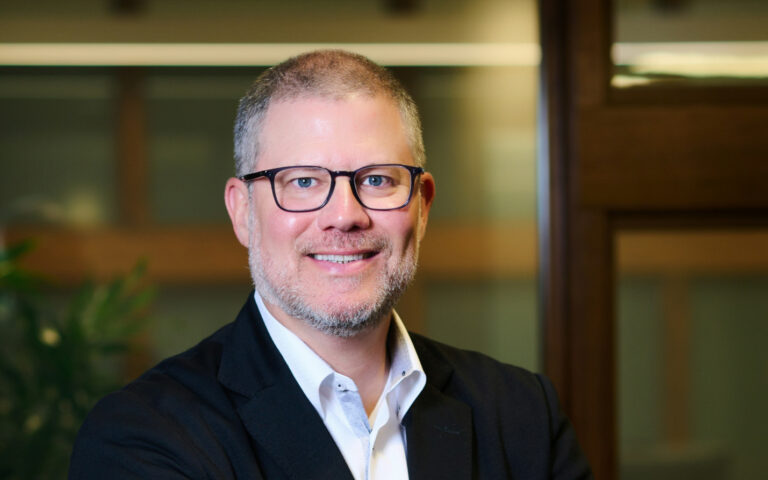
Ending Systemic Racism is the Challenge of Our Lifetimes
In 1967, when Oliver Darden moved to Indianapolis to play power forward for the Indiana Pacers, he was likely dejected – but not surprised – to learn that the city’s apartment owners would not allow him to sign a lease. Thankfully, the Indiana Civil Rights Commission connected him with a housing provider that did what many of its peers were not willing to do at the time: rent an apartment to a young Black man. That apartment was owned by the Gene B. Glick Company, the organization I now lead.
As I reflect on the events of the last month and the hundreds of years of injustice my Black neighbors have faced, I frequently come back to this story. While I’m deeply troubled by the discrimination Ollie Darden endured, I’m proud of the leaders who came before me and had the compassion and conviction to do the right thing.
More than 50 years have passed since Ollie Darden donned the Pacers’ blue and gold, but Black people in America continue to experience racism in countless forms. Although I do not know the Black or Brown experience, I do know this: ending systemic racism is the challenge of our lifetimes. And as one of America’s largest multifamily housing providers, the Gene B. Glick Company is committed to using our influence and privilege to advance solutions for a more equitable and just society.
Since our founding in 1947, Glick has strived to build community and create opportunity for the residents we serve and the places where we operate. Philanthropy has, and will continue to, play a critical role in fulfilling this mission. Our work to develop and operate quality, affordable housing includes 32 not-for-profit properties that provide a safe, stable place to call home for nearly 6,000 residents and their families across the country. Our programs to connect these residents with the support and resources they need – including the basics such as nutritious food and reliable transportation – could not be more important at this time.
This work is guided by the belief that when people have access to safe, stable housing, support for basic needs, a high-quality education and opportunities to express their full selves, they thrive. Just one example of this holistic approach at play is the Far Eastside Success Initiative – an effort to break the cycle of poverty in one of Indianapolis’ most economically challenged neighborhoods where many residents are Black. Together with our partners, we’ve increased access to high-quality pre-kindergarten programs, improved performance of public schools, and helped families move to economic self-sufficiency.
We also understand that Glick’s position and power as a major player in the multifamily housing industry demands that we raise our voice to advocate for equitable, inclusive policies that prevent discrimination and attack systemic racism at its core.
And while I’m proud of the work Glick has done to support Black and Brown communities over the years, I recognize that we have not been as effective as we can be because of our organization’s lack of diverse perspectives and people. I’m painfully aware that when you visit the Gene B. Glick Company website, you will see 25 people – only one of whom is a person of color – among our leadership ranks.
We can – and must – do better. This is true of most organizations, but especially ours – given the fact that Black and Latino people are twice as likely to rent from us as white people. As we move forward, it’s critical that we build teams that accurately reflect and represent the diversity of the communities and residents we serve.
These changes will be hard, but as Oliver Darden’s story proves, they are indisputably the right thing to do. The murders of George Floyd, Breonna Taylor, Ahmaud Arbery and so many more have awakened and renewed our commitment to fighting injustice everywhere. By listening, partnering and turning a critical eye to ourselves and our organizations, I am confident we can end systemic racism and begin to heal. I hope you will join us in this most important journey.
This piece originally ran in the Indianapolis Business Journal Business Cares Diversity & Inclusion special section on July 3, 2020.
